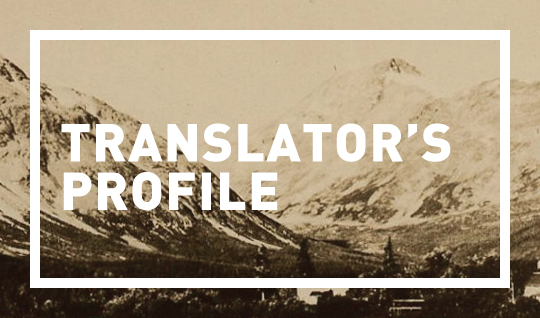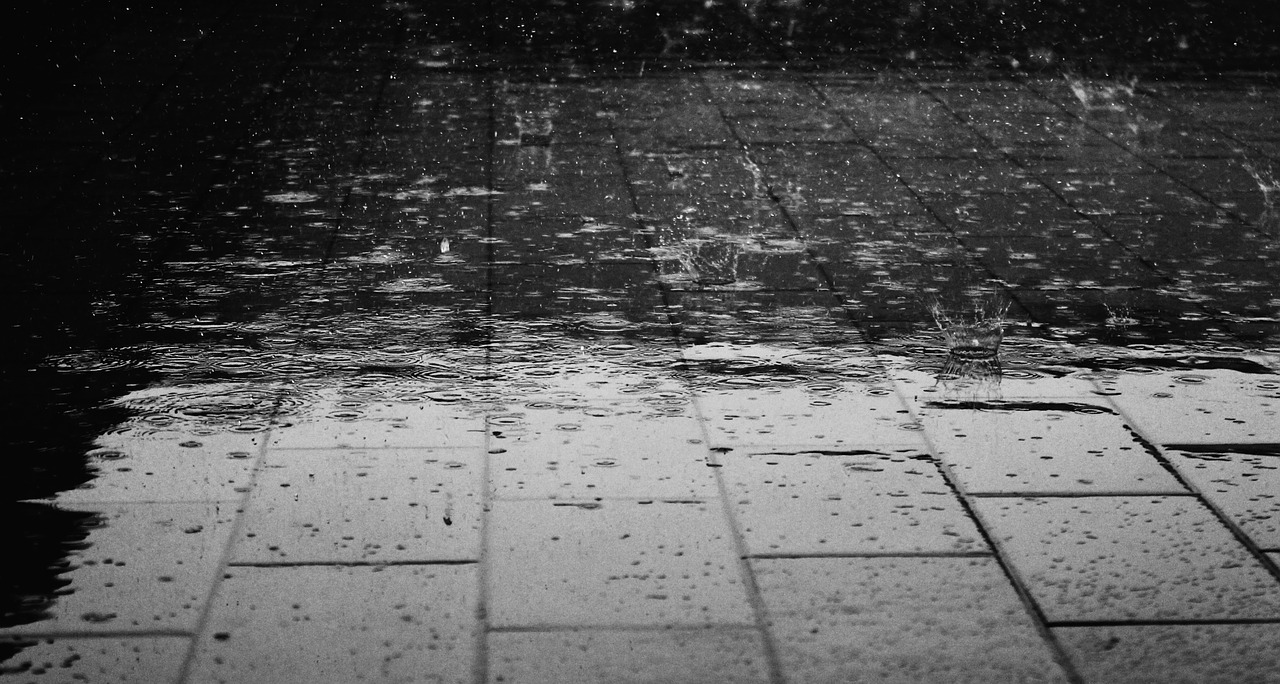Alyson Waters’s translations from the French include works by Louis Aragon, René Belletto, Eric Chevillard, and Albert Cossery. She is the 2012 winner of the French-American Translation Award for her translation of Chevillard’s Prehistoric Times. Waters has received a National Endowment for the Arts Translation Fellowship, a PEN Translation Fund grant, and residency grants from the Centre National du Livre, the Villa Gillet, and the Banff International Literary Translation Centre. She teaches literary translation at New York University and Columbia University and is the managing editor of Yale French Studies. She lives in Brooklyn.
***
Asymptote: Describe your current/most recent project. Why is it cool? What should we know about it?
Alyson Waters: My current project is a translation of Jean Giono’s Un roi sans divertissement for New York Review Books. The title comes from one of Pascal’s Pensées: “A king without diversion is miserable; and therefore we see a great number of people constantly about the king whose sole task it is to amuse and avert the thought of the king from himself.” It’s an amazing book, a kind of existential mystery/roman noir. It has a very complicated structure, moving back and forth from the time of the telling of the story to the time of the events, and told in several narrative voices in an almost oral style. There’s a great passage in the book (among many) where the main narrator (or Giono?) inserts in the middle of his story the following:
“Obviously there exists a system of references comparable, for example, to the economic understanding of the world and in which Langlois’ blood and Bergues’ blood have the same value as the blood of Marie Chazottes, Ravanel, and Delphin-Jules. But there exists, encasing the first, another system of references in which Abraham and Isaac move logically, one following the other, toward Mount Moriah; in which the obsidian knives of the priests of Quetzalcoatl logically drive deep into selected hearts. And we are informed of this by beauty. One cannot live in a world where one believes that the exquisite elegance of the guinea fowl’s plumage is pointless. This is just an aside. I wanted to say it, and I did.” READ MORE…


